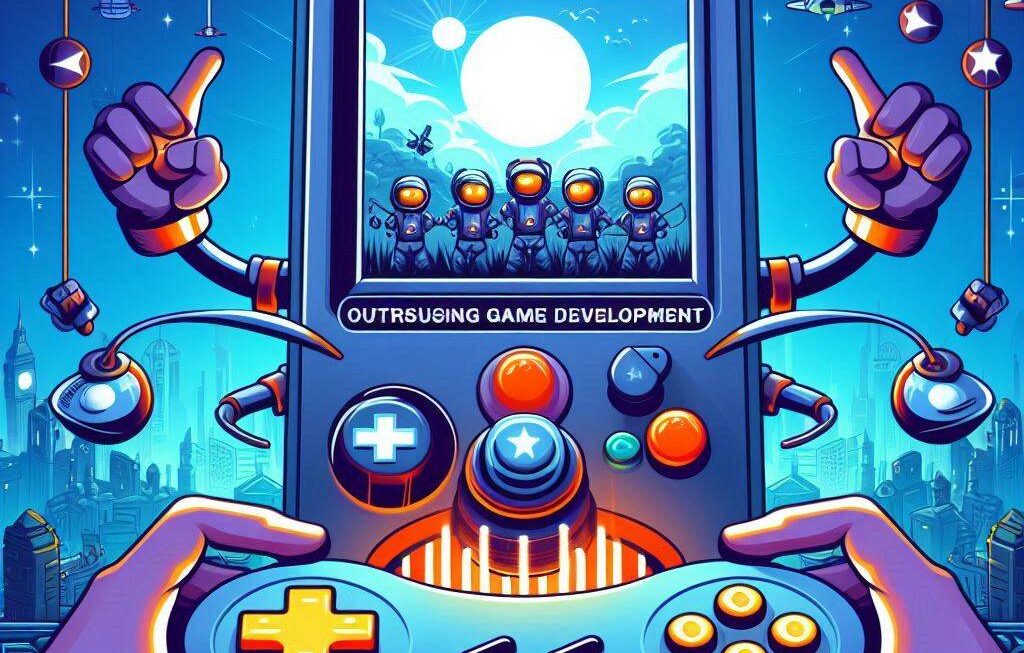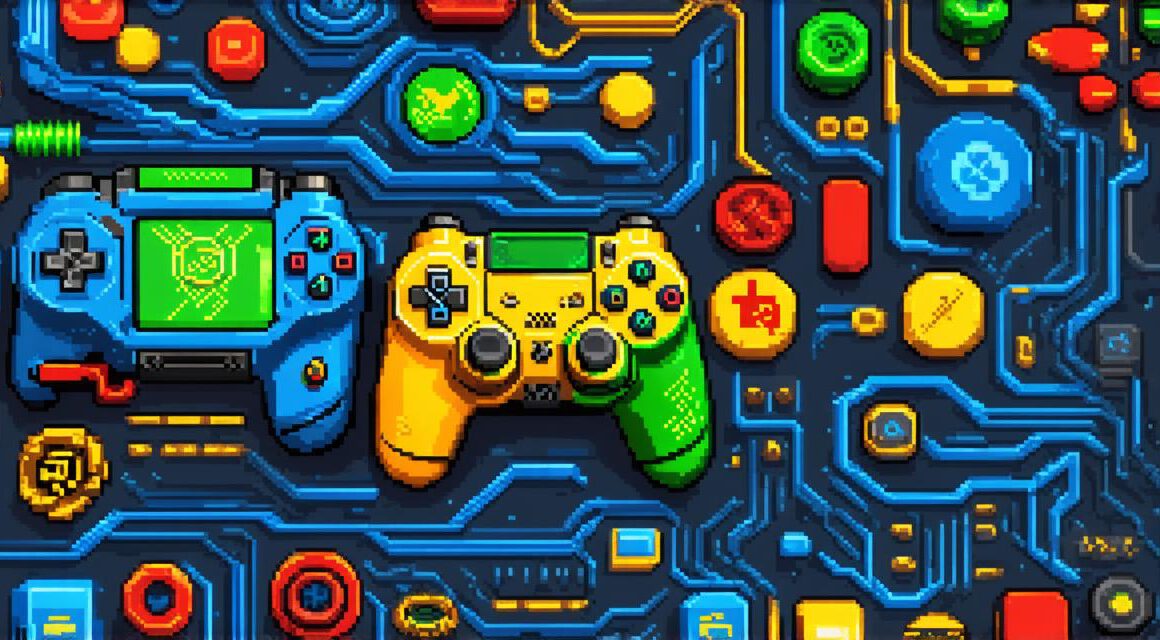Understanding the Landscape
The mobile gaming market is vast and competitive. To thrive, you need to understand the trends, the audience, and the platforms. According to Newzoo, the mobile gaming market is expected to reach $159 billion by 2024, with a growing number of users spending hours on their mobile devices playing games.
Streamlining Development Process
Efficiency in development starts with a well-structured process. Break down your project into manageable tasks, prioritize them, and allocate resources effectively. This approach allows for better time management, reduces the risk of errors, and ensures that the game is developed on schedule.
“Less is More” Approach
Simplicity often leads to success. Stick to essential features that provide the best user experience. Uncluttered interfaces and intuitive controls are key to player satisfaction. A well-designed game that focuses on core mechanics can be more engaging than a complex one with numerous features that confuse players.
Optimization: The Game Changer
Optimize your game for various devices, screen sizes, and operating systems. This ensures a smooth gaming experience for all users. Remember, a lagging game is a lost user. Optimizing your game can also help conserve battery life, which is a significant concern for mobile gamers.
“Learn from the Masters”
Study successful mobile games. What makes them engaging? How do they monetize effectively? Lessons from these games can guide your own development journey. For instance, Angry Birds’ simple yet addictive gameplay and Candy Crush Saga’s clever level design offer valuable insights into creating engaging mobile games.
Iterate and Improve
Launching a game is not the end, but the beginning. Gather user feedback, analyze data, and continuously improve your game. This iterative process is crucial for long-term success. For example, Pokémon Go has regularly updated its game to include new features based on player feedback and changing trends.
“The Power of Collaboration”

Don’t go it alone. Collaborate with other developers, artists, and testers. Their insights can help you overcome challenges and refine your game. For instance, collaborating with a sound designer can significantly enhance the user experience by creating immersive audio effects.
Embrace the Future
Mobile gaming is evolving rapidly. Keep up with new technologies, trends, and platforms. Virtual Reality (VR) and Augmented Reality (AR) are promising frontiers for mobile gaming. For example, Niantic’s Harry Potter: Wizards Unite is an AR game that allows players to interact with a magical world in their real-world environment.
FAQs
1. What tools should I use for mobile game development?
Unity and Unreal Engine are popular choices for mobile game development due to their versatility, extensive community support, and wide range of tutorials and resources available online.
2. How do I monetize my mobile game?
In-app purchases, ads, and subscriptions are common monetization strategies in mobile gaming. For instance, Candy Crush Saga uses a freemium model where the game is free to download but offers in-app purchases for additional lives or power-ups.
3. What are some successful mobile games to study?
Angry Birds, Candy Crush Saga, and Pokémon Go are examples of successful mobile games that offer valuable insights into creating engaging, efficient, and profitable mobile games.
In conclusion, efficiency in mobile game development is about understanding the market, streamlining processes, optimizing for performance, learning from others, iterating, collaborating, embracing new technologies, and never stopping to improve. With these strategies in mind, you’re well on your way to creating engaging, efficient, and successful mobile games.



